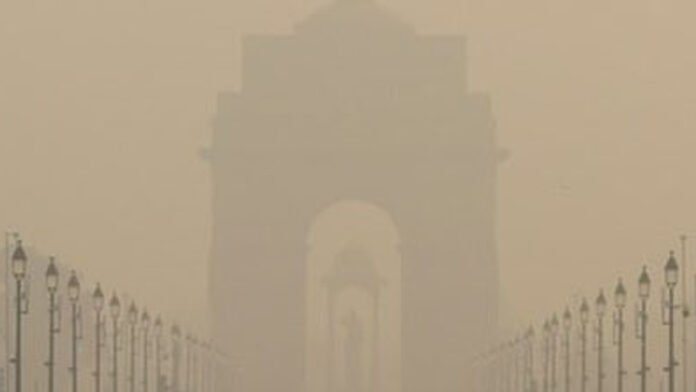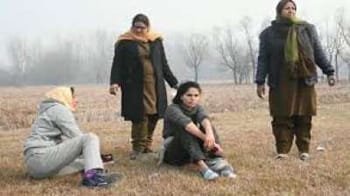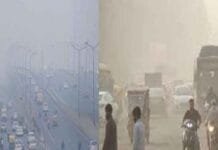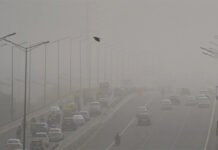New Delhi: Delhi’s air quality has once again plunged into the ‘Severe’ category, recording an Air Quality Index (AQI) of 409 on Wednesday morning, according to data from the Central Pollution Control Board (CPCB). The toxic haze blanketing the national capital has triggered the implementation of Stage III restrictions under the Graded Response Action Plan (GRAP) — among the strictest anti-pollution measures in force.
The escalation to GRAP Stage III means immediate suspension of non-essential construction activities, restrictions on diesel generator sets, and curbs on BS-III petrol and BS-IV diesel vehicles in Delhi, Gurugram, Noida, Ghaziabad, and Faridabad. Officials from the Commission for Air Quality Management (CAQM) said the measures aim to prevent further deterioration amid unfavourable meteorological conditions.
“The wind speed has dropped significantly, trapping pollutants closer to the surface. If levels worsen, Stage IV or ‘severe plus’ restrictions could be considered,” a CAQM official told reporters.
The Delhi government has urged citizens to work from home, minimize outdoor exposure, and wear N95 masks when stepping out. Schools have been advised to reduce outdoor activities for children, while hospitals have reported a noticeable rise in patients with breathing issues, eye irritation, and wheezing.
According to the System of Air Quality and Weather Forecasting and Research (SAFAR), the major contributors to Delhi’s smog include vehicle emissions (38%), industrial pollution (17%), and stubble burning from neighbouring states like Punjab and Haryana, which accounted for around 28% of the pollution load this week.
Health experts have warned that sustained exposure to severe air pollution can have long-term health effects. “Prolonged inhalation of fine particulate matter (PM2.5) can cause cardiovascular and respiratory diseases. Vulnerable groups — especially children and the elderly — are at higher risk,” said Dr. Arvind Kumar, Chairperson of the Lung Care Foundation.
Environmental watchdogs note that despite repeated interventions, Delhi remains one of the world’s most polluted capitals. The World Air Quality Report 2024 ranked the city among the top five globally for PM2.5 concentration, highlighting the urgent need for coordinated regional action.
With winter setting in and wind movement likely to stay weak, experts predict that the city’s air may remain in the ‘Severe’ to ‘Very Poor’ range through the coming week unless weather patterns change or emergency interventions intensify.
















